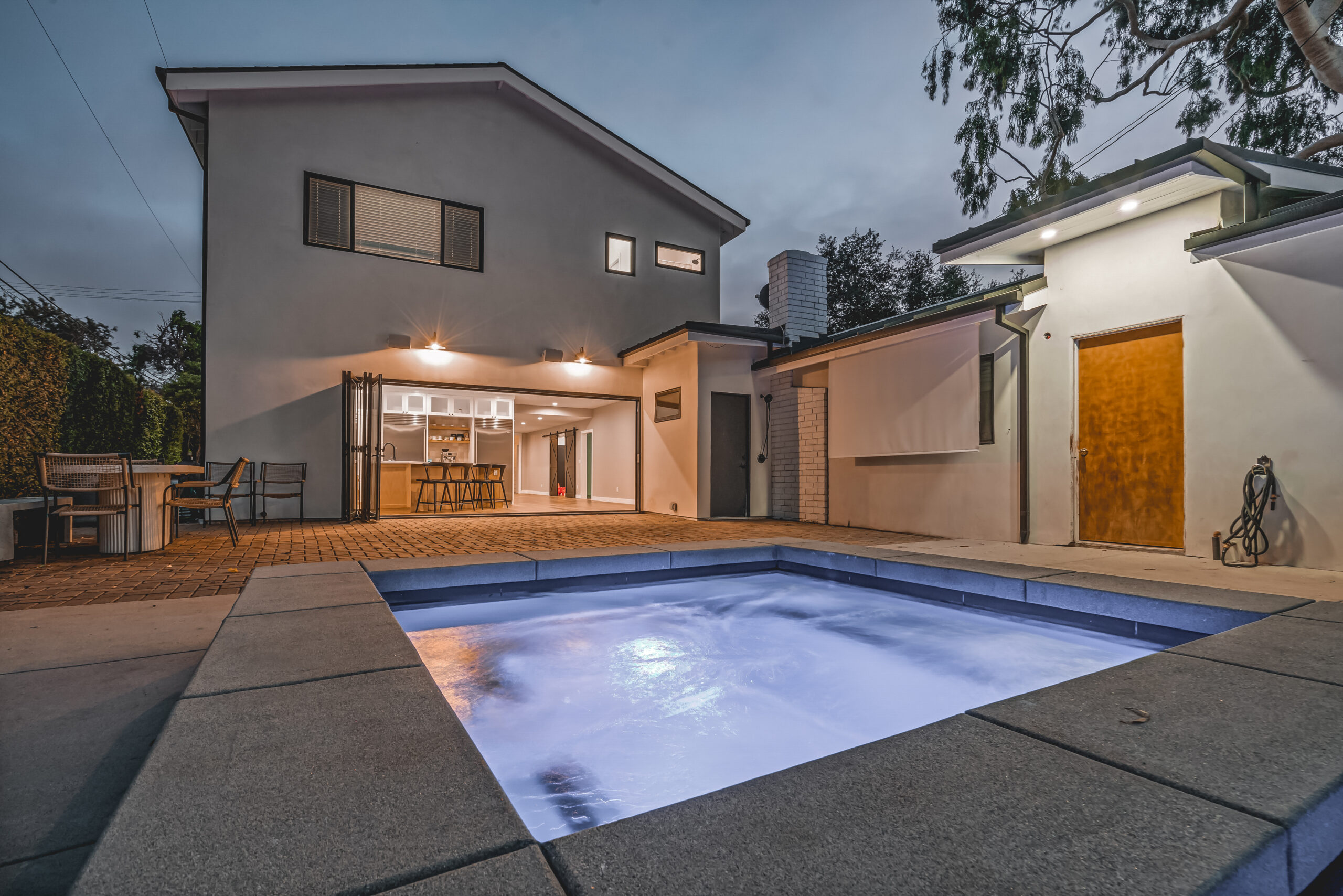Understanding the ROI of Pool Design
Investing in a pool can transform your outdoor space into a luxurious retreat, but it’s important to consider the return on investment (ROI) when making such a significant financial decision. A well-designed pool can increase your property’s value, provide entertainment, and improve your quality of life, but understanding the balance between upfront costs and long-term gains is key.
Initial Installation Costs
The first factor in calculating pool ROI is the initial cost of installation. This can vary widely depending on the type of pool you choose, the size, and the materials used. For example, a basic in-ground pool may cost around $35,000, while a more elaborate design with custom features, like waterfalls or infinity edges, can push the price well beyond $100,000.
Ongoing Maintenance and Energy Costs
Maintaining a pool involves regular cleaning, water treatment, and energy usage, all of which add to the long-term expenses. Homeowners should budget for these ongoing costs, which can range from $1,200 to $1,800 annually, depending on the pool’s size and complexity. Additionally, energy-efficient options, such as solar heaters and LED lighting, can help mitigate some of these expenses.

Property Value Increase
One of the most compelling arguments for installing a pool is its potential to increase property value. In warmer climates, especially in places like California or Florida, homes with pools tend to sell faster and for higher prices. However, in cooler regions, the ROI might not be as high since a pool may be seen as less of a necessity.
Non-Monetary Benefits
Beyond financial returns, pools provide lifestyle benefits that can’t be quantified in dollars. They offer a space for relaxation, exercise, and family bonding, all of which add to the overall enjoyment of your home.
Choosing the Right Design for Maximum ROI
Certain types of pools offer better ROI than others. For example, saltwater pools are becoming increasingly popular due to their lower maintenance costs and softer feel on the skin. Smaller plunge pools, which require less upkeep, can also provide a good balance of luxury and practicality.
By considering both the monetary and lifestyle benefits, you can ensure that your pool investment is one that pays off in the long term.



